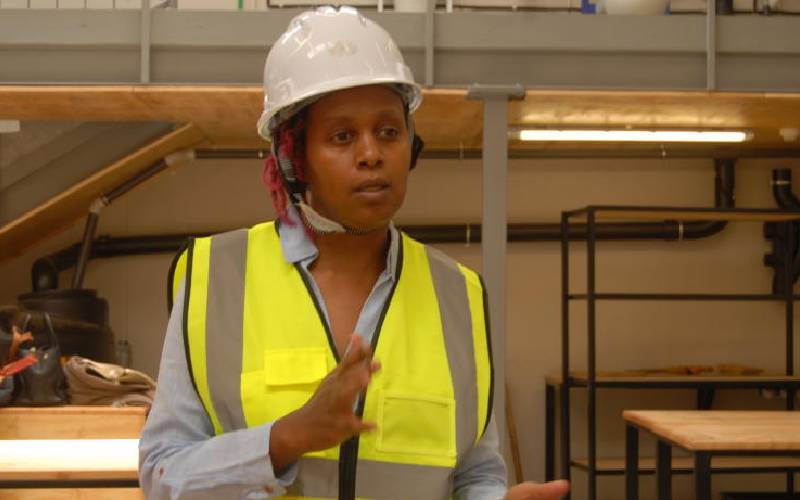×
The Standard e-Paper
Kenya’s Boldest Voice

Nothing in her demeanor suggests that Lucy Muchemi is an accomplished plumber who literally gets into the trenches with pipes, wrenches, and glue.
She is soft-spoken and with an easy smile, hardly the attributes found in the macho men we call fundis.